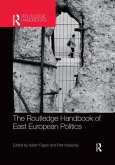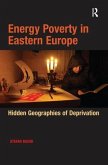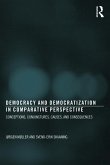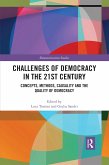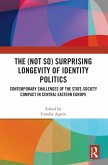This book assesses the quality of Czech democracy relative to both its postcommunist peers and older EU members. Motivated by the authoritarian tendencies and illiberal outcomes in the postcommunist region, it explores the extent to which the Czech Republic is genuinely an outlier within the region and why.
The book elaborates on an original conception of democratic quality that emphasizes three aspects of governance: citizen rule, political equality, and good citizenship. The authors show that while the Czech Republic falls short of Western democracies on these standards, it does perform better than most of its peers. The book includes original data on campaign promises, dual mandates, legislative productivity, the wealth of MPs, the opinions of millionaires, women's representation, and the stability of public preferences along with comparative analyses of a host of other indicators.
The book will appeal to those interested in the politics of Eastern Europe and new democracies, those working in the rapidly growing fields of democratic quality and populism, and NGOs concerned with the development of new democracies around the world.
The book elaborates on an original conception of democratic quality that emphasizes three aspects of governance: citizen rule, political equality, and good citizenship. The authors show that while the Czech Republic falls short of Western democracies on these standards, it does perform better than most of its peers. The book includes original data on campaign promises, dual mandates, legislative productivity, the wealth of MPs, the opinions of millionaires, women's representation, and the stability of public preferences along with comparative analyses of a host of other indicators.
The book will appeal to those interested in the politics of Eastern Europe and new democracies, those working in the rapidly growing fields of democratic quality and populism, and NGOs concerned with the development of new democracies around the world.


